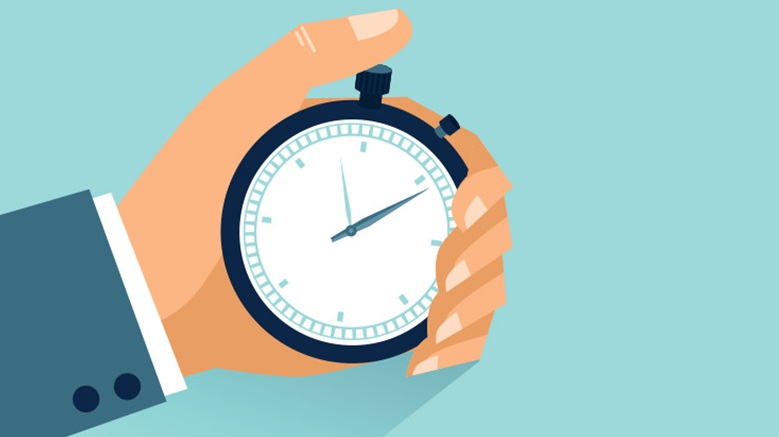Is your WordPress site speed killing conversions?

Everybody knows that having a fast WordPress site is a good thing, but what few people realise is just how important speed can be not only for SEO but conversions also (not to mention the role it plays in overall user experience).
Poorly optimised images, too many HTTP requests, and unsuitable hosting are just a few of the issues which could be causing delays and ultimately costing you money.
Taking the time to assess your site and identify potential performance pitfalls could see business performance skyrocket. After all—if you aren’t up to speed, one of your competitors will be.
We’ve taken some key pointers from our free downloadable WordPress Speed/Load Time Optimisation guide to show you how to assess your WordPress site speed and why it’s so crucial to get things moving quickly.
How does a slow site hurt conversions?
It’s no secret that user attention spans are decreasing as technology becomes faster and more sophisticated.
Back in 2015, a study by Microsoft found that the average attention span was just 8 seconds long. Thanks to super-fast smartphones, multi-screen use and device switching, the average user doesn’t hang around for long.
A study by Google found that sites with a 5-second load time experienced 25% higher ad viewability, 70% longer average sessions and 35% lower bounce rates than those which took 19 seconds to load.
All things considered, a slow site speed could be one of the biggest threats to your business.
What makes a site slow?
According to Google, the UK ranks 10th for mobile site speeds compared to 17 other major European countries. The average time is 8.9 seconds, which isn’t ideal when you compare it to consumer expectations — half of users think mobile sites should loads in just 2 seconds.
A slow site speed is typically caused by delays in your server’s response to the requests your site needs to load a page. Things like poorly optimised images and too many HTTP requests from off the shelf WordPress themes can cause a lag. This is one of many reasons we don’t work with WordPress themes (templates) and instead deliver bespoke design and development solutions that will be lightweight, fast and flexible.
To isolate what might be causing your site to be slow, we recommend conducting an audit to assess its speed and any potential issues.
Assessing your site and solving speed issues
In an ideal world, many of the following issues will be addressed before your site is launched. But if you’re beginning to suspect that your site speed is to blame for poor performance, try checking the following:
- How many HTTP requests your site is sending in order to load pages
- Whether unnecessary spaces and line breaks are bloating out your code
- How large the images are on your site and if the file size could be compressed
- Whether the server or hosting environment your site lives on is appropriate for your site
There are a number of tools available that will allow you check your WordPress site speed. Google have their own PageSpeed tool, although we find this can often be a over simplistic and not always provide the best feedback. Tools like WebPageTest can provide a bit more depth, although may need a greater level of technical knowledge in order to be able to understand.
Download our WordPress Speed & Load Time Optimisation guide and get all the information you need to bring yourself and your site up to speed.

Meet the team: David

93digital named in Top 100 Independent Agencies
Let's Talk
Do you have a web design and build project coming up that you would like to talk about?